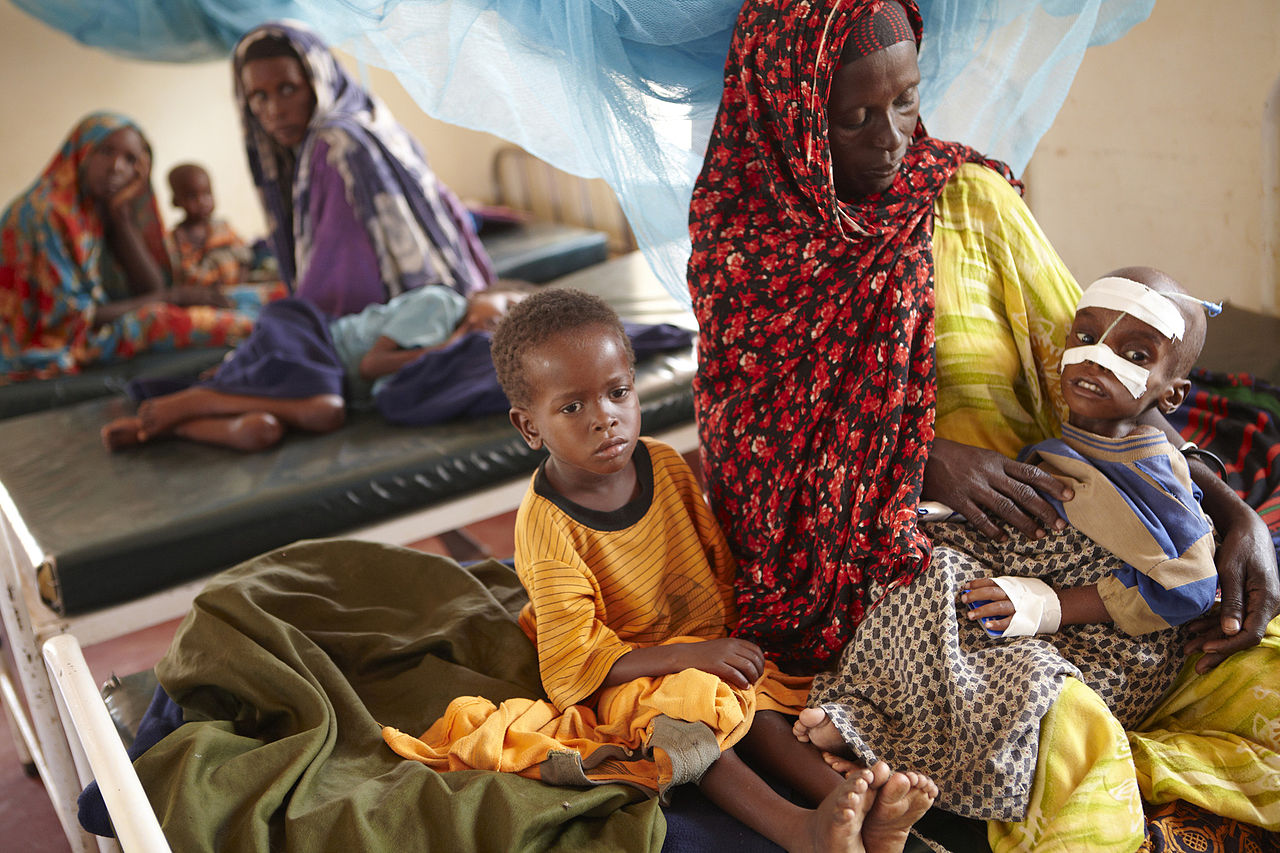In 1981, Seán MacBride, the architect of the UNESCO report Many Voices One World, wrote extensively on the imbalance of international media communications between developed and developing nations. In his research, he noted the complexities of reporting on ‘important’ news events (the definition of which varies from region to region) and warned of the dangers of a one-way flow of communication that exacerbated this gap (largely defined by power and wealth). The result, he described, is a media hierarchy that benefits developed countries at the detriment of others, and fails to address larger global obstacles that affect humanity as a whole, such as poverty, disease, famine and war, or, in this case, terrorism.
There’s no doubt that this past week was tragic for the world. Refreshing the news tab online delivers a new calamity daily. The world mourns another vile terrorist attack in the vibrant city of Stockholm. President Trump issued an order that launched 59 Tomahawk missiles into a Syrian air base that killed nine civilians, including four children – an act described by both Syrian and Russian officials as a severe act of aggression. And yesterday, a state of emergency was declared in Egypt after several horrendous ISIS attacks on Christian churches left at least 45 people dead in the cities of Tanta and Alexandria.
The casualties are adding up in the increasingly complicated, bloody war on terror. But there is also collateral damage stuck in the periphery of our media coverage – the largest humanitarian crisis since 1945. Nearly 20 million people are at risk of starvation in Somalia, Yemen, South Sudan and Northeast Nigeria –and nobody is talking about it.
On-site in Somalia last month, UN Secretary-General António Guterres said “It is the dramatic situation of countries like Somalia that create all the conditions for terrorism to prosper.”
And yet the United States and its allies are infinitely more interested in interfering in Syria, a country that, since intervention in Libya and Iraq, remains one of the last strongholds in a Middle-East resistant to Western-friendly regime change. If this were actually about the preservation of human life or the war on terror, Somalia, a country where more than half the people are fleeing drought, famine and al-Qaeda linked terrorists al-Shabaab, would be at the top of their priorities. And the senseless loss of civilian life caused by US airstrikes in Syria and Iraq just last month wouldn’t be so quickly forgotten by the politicians who ordered it, or the media who reported on it.
US Secretary of State Rex Tillerson recently said that the US will “hold to account” any government that commits atrocities against innocent people. He clearly meant any government other than his own. The recent travel ban the US placed on countries like Somalia only exacerbates the heightening problem of poverty and famine, and the recent announcement to cut US$32.5 million in UN funds for programs that aid in supporting the same countries now suffering from unimaginable famine, demonstrate the meaninglessness of those words.
Society as a whole is not averse to assigning human life to a hierarchy, but it does abhor the idea of acknowledging it. And whether or not the intention is there (it is), a subtle commodification of the value placed on human life is the direct result of our governments’ and the media’s negligence. Airtime leads to intervention, which, unlike Iraq or Libya, is something Somalia desperately requires right now.
So there are no viral hash tags for Somalia. There is no Facebook filter option to change your profile picture to the colours of the Somali flag. And yet, just as MacBride indicated in his near 36-year-old report, this is a crisis that has the potential to affect everyone, everywhere.
In Many Voices, One World, MacBride championed a new global communications order to “meet the needs of the poorer sections of the world’s population” in order to catalogue and define “the problems affecting the building of a freer, more just, more effective and better balanced international communications system.”
This would, effectively, challenge the media and its audience to value all human life equally, and that’s something we should all desperately want to see in the news right now.
Image: Andy Hall/Oxfam East Africa





